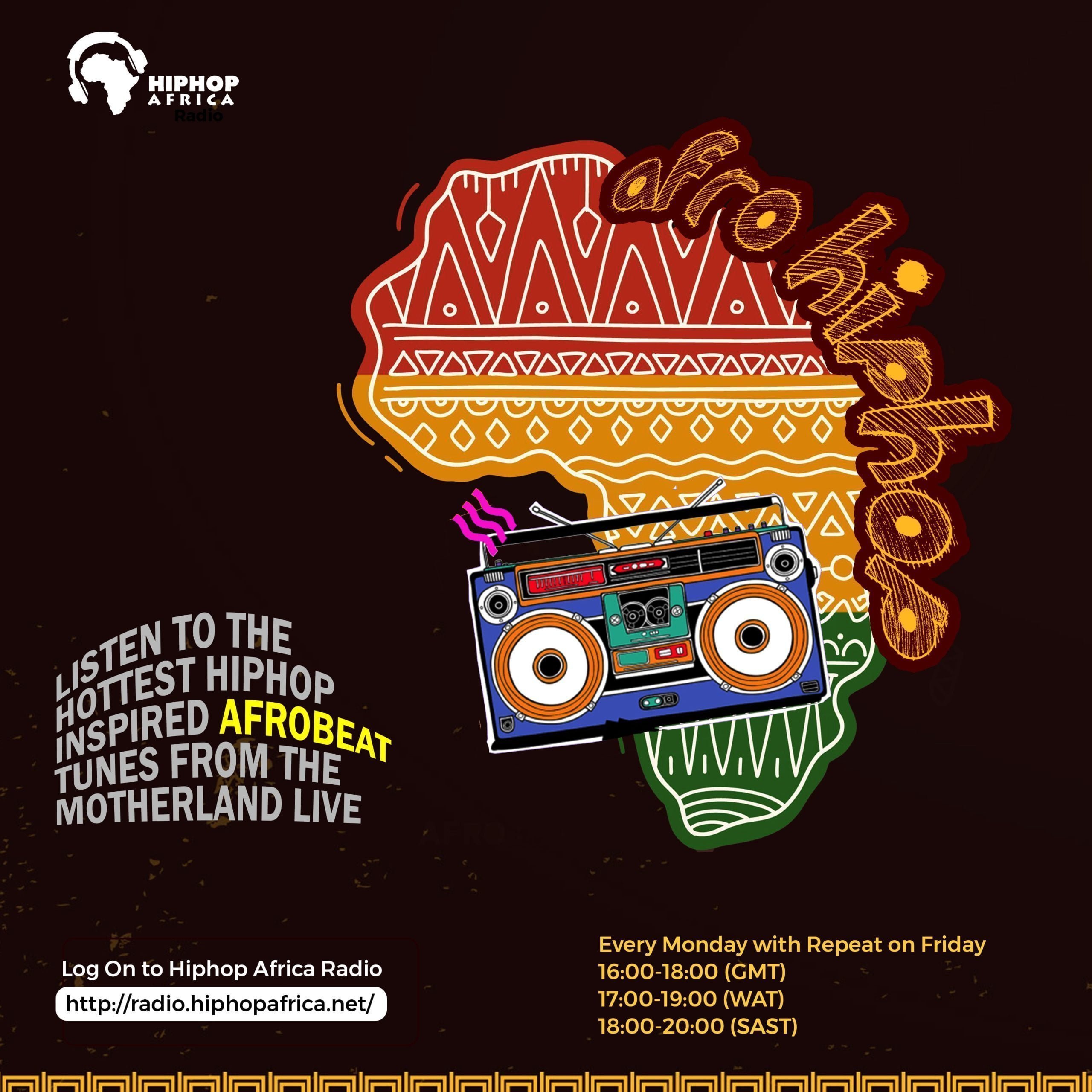Hennessy has a longstanding and significant relationship with hip hop culture, thus becoming an iconic brand within the hip hop community. In hip hop, Hennessey serves as a symbol of accomplishment and status due to the luxurious nature of the brand. Many hip hop heavyweights over the years including Tupac, Jay Z and Nas (who unveiled a special Hennessy Bottle last year in celebration of Hip Hop’s 50TH birthday) have mentioned hip hop in their songs. Taking it back to the Motherland, Africa, Hennessy is also a treasured brand in the African Hip Hop soil as African acts mention the brand in their songs as well. From Maglera mentioning drinking Hennessy with some robbers in Makazana (which he actually did and stirred up the social media streets in December), to Tshego curating a whole song about Hennessy and to Touchline & Ginger Trill’s song Hennessy in their joint project, Boyz in Da Hood, it becomes crystal clear that Hennessy has a symbiotic relationship with Hip Hop, even in Africa. (Pardon me, my references are rather all based on South African Hip Hop since I hail from the Kingdom of Eswatini, located in the Southern African region of Africa.)
In 2024, Hennessy continued to be Hip Hop’s beloved cognac brand as they unveiled the 2024 edition of the HENNESSY AFRICAN CYPHER featuring six African rap Gods and lyricists: Maglera Doe Boy (South Africa), Didi B (Ivory Coast) , Khaligraph Jones(Kenya), Sarkodie (Ghana) , Young Lunya (Tanzania) and Ladipoe(Nigeria) on the 26th of June 2024. The cypher is eight minutes of lyrical warfare between acts from across Africa and sees all MCs flaunt their lyrical dexterity over a punchy, heavy bass instrumental. Set in Lagos, Nigeria, the visual scene of the cypher is in a train station garlanded by Hennessy images on the wall staying true to Hennessy’s exploratory, dynamic and diverse brand personality.
Young Lunya kick starts the cypher with a verse that oozes self-assuredness and lyrical adeptness. In the verse, he amalgams cultural references with personal achievements and challenges other African rappers by staunchly claiming that he is not to be underestimated and he operates on a higher level, both creatively and intellectually. This is illustrated through key lines such as “Gifted like I’m Santa, Wise like Mkapa” where he uses a simile to depict his wisdom by seeing himself as a carbon copy of Benjamin Mkapa, a respected former president of Tanzania who was known for his wisdom, and “Muda we ka Vuna, you’ll get what you sowed”, Muda Wa KaVuna is harvest in Swahili thus Luna implies that hard work leads to rewards. What stands out the most with these references is how the Tanzanian uses his wordplay to highlight his cultural pride and indomitable spirit, making him a formidable force in Tanzania and African Hip Hop.
Maglera Doe Boy shows up for the South dressed in a pink two piece, sticking to his signature style and what he does best: painting a vivid and stark image of township life and its complexities. On the verse, he references revolutionary figures such as Tupac Shakur, Steve Biko and Nelson Mandela, making his cypher verse a vivid yet labyrinthine narrative filled with socio-political commentary and personal reflections. Lines like “Fresh up out the coliseum that the dunes with goons” and “Ghetto cataclysms in the algorithms’ ‘ depict the township life impeccably. His verse juxtaposes the struggles and resilience of township living with aspirations for freedom and success as seen on “Dreams of a free people, Yea the name says Mandela signs but if you pay me any mind I am synonym to Steve Biko”. The rapper also reminisces on his childhood in the township as seen on lines like “Momma used to borrow sugar for the tea, daddy say he used to steal sheep” he however compares it to his new found life “herd the whole game bopeep, and I’m at the beach tryna see seagulls, Hennessy for my enemies”. His verse to me, is an enthralling piece jam-packed with historical references that exquisitely capture the broad social issues he addresses. Although I must admit, the verse is too complex to digest in just one take, which could be the reason why it didn’t land on other individuals; however, his cadence was strikingly impressive and hard to miss.
The baton is passed onto Didi B from Ivory Coast who raps his whole verse in French and Ivorian slang, staying true to his culture. Whilst, I am unable to understand most of it, what I can discern from his delivery and tone, is that he asserts his place in African rap history and highlights his authenticity through the verse. What makes the verse and the moment even more perfect is that Didi B became the first Francophone and Ivorian rapper to be featured on this cypher, thus making history.
West Africa’s Hip Hop heavyweight, Sarkodie hailing from Ghana, comes through with an introspective verse reflecting on his journey to stardom. In the verse, the rapper underpins his resilience and liberation. Key bars such as “Came for the trenches my dream was to make it” and “I did this thing myself I never rock with majors” accentuate the Ghanaians self-made status and willpower. On the verse, he also shares some industry insight, highlighting how the music scene has changed over the years through lines like “it’s kinda strange how music has changed from how it was, if I need a verse from my bro couple calls but now I need to speak to some dude cause he’s the boss”, he also critiques the manipulative practices of record labels with “Throw a couple dollars then you caged in a zoo”. I personally believe that his verse is a testimony of his longevity and influence in African rap reinforced by his sharp social commentary and personal anecdotes. Although, I did find his verse to be somewhat underwhelming, which could be because of the high expectations I had of him or rather how he has nothing to prove as he has earned it all.
“We should shoot the next cypher in a church man, every single verse arriving in a hearse man”, Ladipoe bravely says in the opening of his cypher verse. The verse from the Nigerian, is surprisingly the most impressive verse for me and is my favourite . Admittedly, I knew nothing of him before the cypher but going forward I will be watching his career with close proximity. His verse is a tapestry of lyrical adroitness adorned by ingenious and intricate wordplay. With lines like “all these rappers sweet beef tasting like dessert man”, he highlights his grand lyricism and dismisses less substantial competition. His appetite for destruction and success in the African rap sport is evident as he provides insightful commentary on the music industry as seen on “still they base the general success on a popular dozen” where he critiques the narrow focus on upcoming artists. Throughout the verse, Ladipoe is viscerally energized, showing grand credence and ambition as seen on lines like “I’m so guilty holding onto these bars like life sentences, Realize perfection my art and arch nemesis” and “The dream is to stack these notes to falsettos”. From his verse alone, I can discern that Ladipoe is a rapper who raps for art and heavily creates from the depths of his soul as he addresses the superficiality of current music industry trends “Dem dey talk about streams but never come with the flows cause most of the competition displaying symptoms of menopause” which underscores his ardent allegiance to the craft whilst calling out other rappers for having no flows. What fascinated me about Ladipoe is his apparent appetite for success and the aggression he comes with in the game which will make him a force to be reckoned with in the African hip hop scene. The writing is on the wall, Ladipoe came for the kill.
Kenyan rapper Khaligraph Jones concludes the cypher with a verse that displays tenacity and skill. However, I felt his contribution to the Cypher was underwhelming, this could particularly be due to the high standard set by Nigerian rapper Ladipoe , who comes before Khaligraph. Even though his lyrical content was rather impressive, I believe that his delivery and cadence could’ve been much better. Khali used his verse to emphasize the strength of East African music despite it getting less attention compared to the West as seen on bars like “West African music’s popping and I’m a fan but y’all better realize that East got a better grind.” Having dealt with industry gatekeepers in my own country, I deeply resonate with bars like “Gate keepers tryna keep hip hop silent but we make noise so now they are like a pissed off parent.” This line serves as a powerful declaration that HIP HOP is not DEAD, which is the undeniable truth. The Great Khali , ends his verse on a highly confident note through lines like “My competition getting trampled with my elephant feet, y’all niggas is good but ain’t nobody better than me ” underscoring his dominance and power in the rap game, effortlessly crushing his rivals with his sheer force and skill.
Although the Hennessy African Cypher continues to be an imperative cultural movement for African Hip Hop cats, I have a few concerns of my own. One notable concern was the lack of female representation in this year’s cypher. It was disappointing, especially considering the significant contributions and strides female artists are making in African hip hop across the continent. There are phenomenal women in the African hip hop scene who are not only pushing boundaries but also reshaping the narrative of the genre. Artists like Zulu Mecca, Nyota Parker, SGaWD, Dee Koala, Venusraps, Oriiginelle, Rouge, and Nadia Nakai are just a few examples of the talent that could have been showcased in such a prestigious platform. Their absence highlights a missed opportunity to spotlight the diversity and dynamism that female rappers bring to the African hip hop landscape. I remain optimistic that future editions of the Hennessy Cypher will prioritize inclusivity and provide a platform for more African Queens to shine alongside their male counterparts.Additionally, I was rather disenchanted by the minimal representation of Southern African Hip Hop acts with only one country from Southern Africa being spotlighted i.e., South Africa through Maglera Doe Boy while there was more representation of West African and East African Zones. I powerfully believe that the Hennessy team should take into consideration other Southern African countries such as Zimbabwe,Botswana, Eswatini and Mozambique just to name a few as these countries also have dynamic hip hop scenes. I believe that the inclusion and spotlighting of rappers from these countries in the near future will give Hennessy the cultural diversity needed and holistically showcase the vibrant hip hop scene in Africa.


